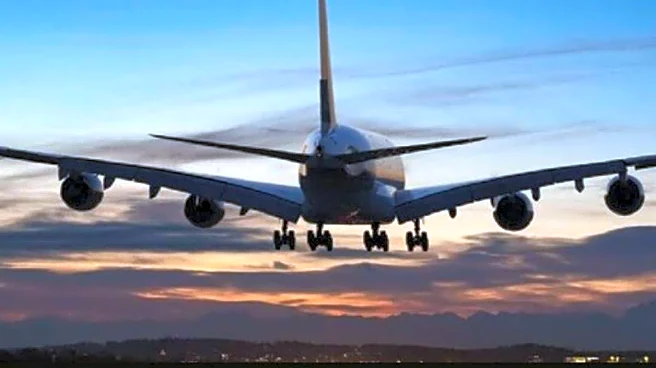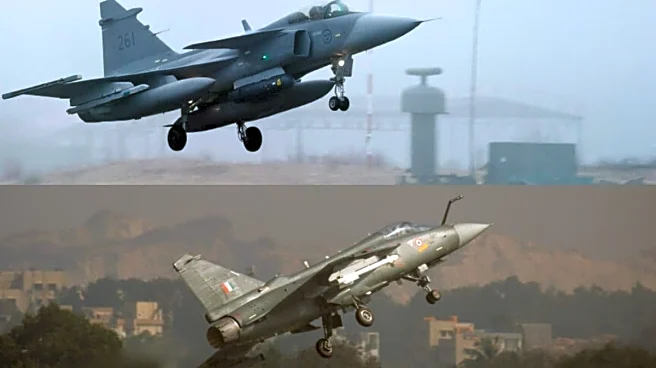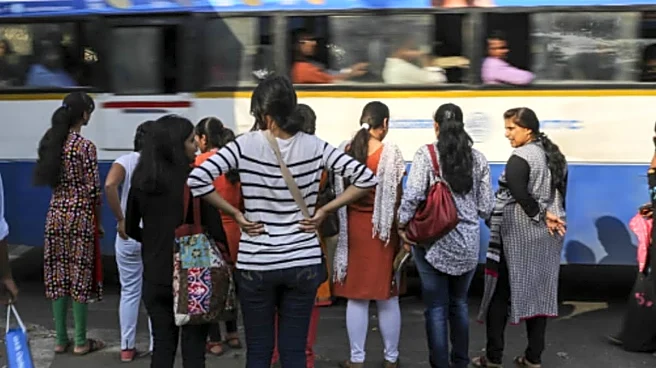The United States government announced on Wednesday that it will reduce air traffic by 10 per cent across 40 of the country’s busiest markets starting Friday morning, as the longest government shutdown in the nation’s history continues to strain aviation safety.
The decision, officials said, is a precautionary measure to ensure the safety of passengers and crew as unpaid air traffic controllers struggle to manage growing workloads and fatigue. The American air system handles more than 44,000 flights daily, from passenger and cargo planes to private aircraft, meaning the cuts could disrupt thousands of journeys nationwide.
What US traffic operations said?
Bryan Bedford, head of the agency overseeing air traffic operations, said the reductions were unavoidable. “We can’t ignore
it,” he stated. “We will not wait for a crisis to act.”
Bedford, along with Transportation Secretary Sean Duffy, will meet airline executives on Thursday to finalise how the cuts will be rolled out safely. The affected markets are expected to be disclosed the same day.
“If the pressures continue to build even after we take these measures,” Bedford warned, “we’ll come back and take additional measures.”
Airlines brace for disruption
Airlines have already begun preparing for the turbulence ahead. Southwest Airlines confirmed it is reviewing its flight schedules and will contact affected passengers. “We continue to urge Congress to immediately resolve its impasse and restore the National Airspace System to full capacity,” the airline said in a statement.
While flight slowdowns due to storms or staffing constraints are not unusual, this shutdown has pushed the system “into uncharted territory,” according to the Associated Press.
Last weekend, staffing shortages were reported at 39 control centres, up from an average of just eight before the shutdown. Since 1 October, that figure has tripled to more than 26 on any given weekend, leading to mounting delays nationwide.
Most air traffic controllers are now working six-day weeks without pay, heightening financial and mental stress. Secretary Duffy warned this week that “chaos in the skies” could erupt if controllers miss another pay cheque next Tuesday.
He stressed that the reduction in flights was designed to avert catastrophe rather than respond to one. “We learnt from that,” he said, referring to the deadly midair collision near Reagan National Airport in January. “Now we act before a crisis develops, hat’s what’s happening here today.”
Major airlines, aviation unions, and industry leaders have collectively urged Congress to end the shutdown, warning that America’s air safety system is being “tested like never before.”








/images/ppid_59c68470-image-177083253119523769.webp)



/images/ppid_a911dc6a-image-177083203099181355.webp)



